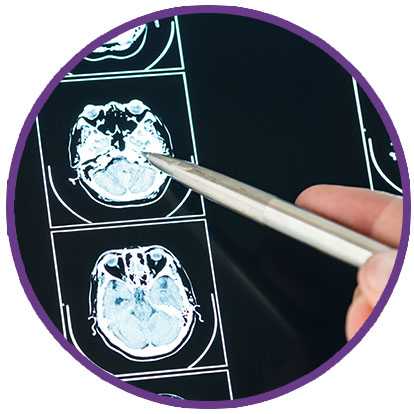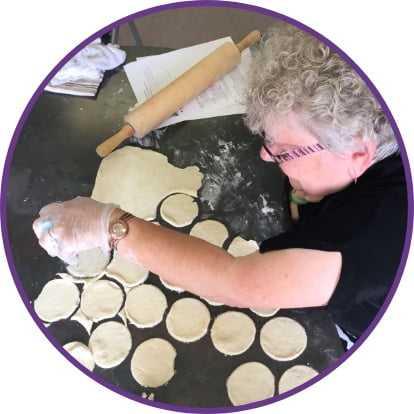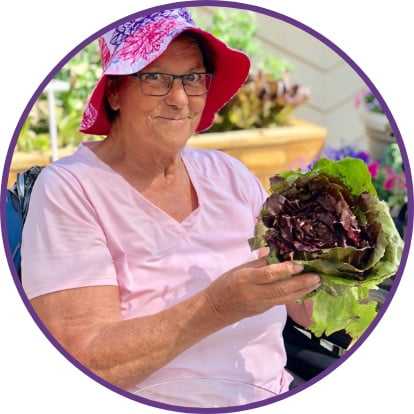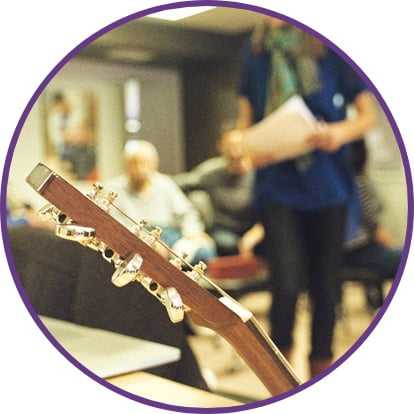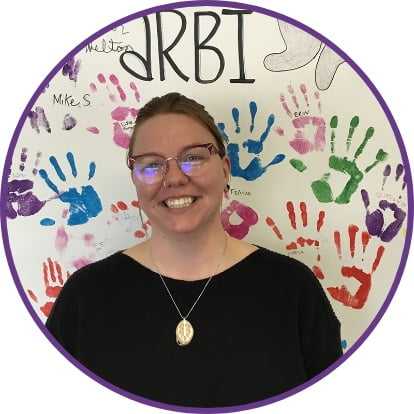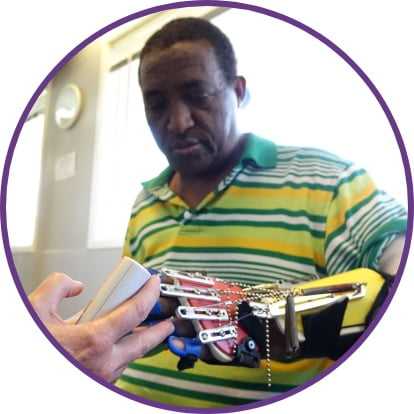ACQUIRED BRAIN INJURY STUDY FOR THE CALGARY REGION
In 2019, ARBI led a collaborative research study with other service providers across the Calgary continuum of care, Acquired Brain Injury Study for the Calgary Region. The study identified service gaps in the delivery of services for acquired brain injury and recommendations that will make significant differences for the largest number of ABI individuals, provide a high ROI for the Government of Alberta, and will help ensure the sector’s sustainability. ARBI thanks the Government of Alberta for funding this study and empowering focused collaboration in exploring the issues and opportunities of Calgary’s ABI continuum of care, and setting a foundation for further collaboration and progress among community and government service providers to better serve ABI individuals and their families.
